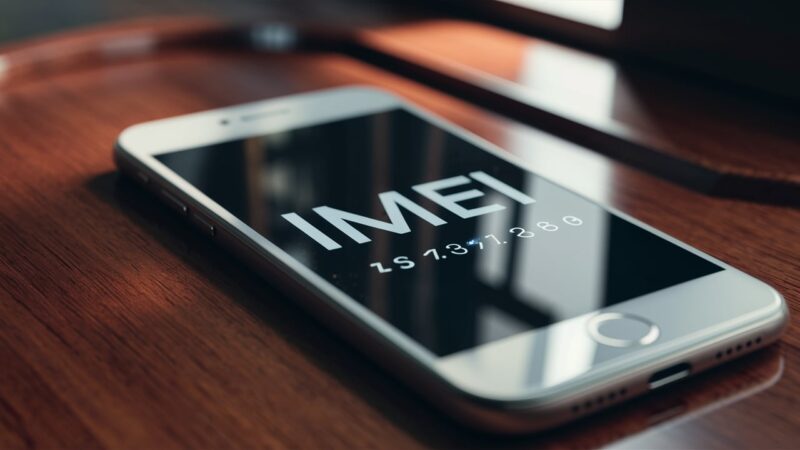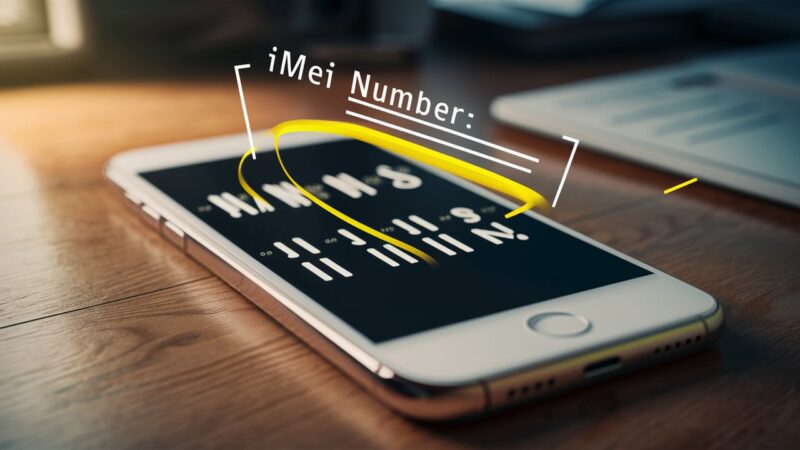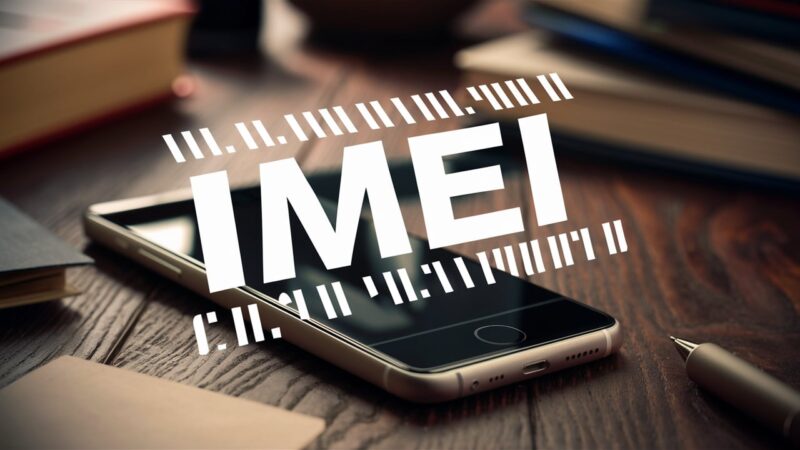IMEI number tampering is a controversial practice that has significant legal implications for both individuals and businesses alike. The International Mobile Equipment Identity (IMEI) number is a unique identifier assigned to every mobile device, serving as a crucial tool for tracking and securing smartphones.
The tampering of IMEI numbers can result in serious repercussions such as criminal charges, fines, and even imprisonment. In this article, we will explore the three key legal implications of IMEI number tampering that individuals and businesses need to be aware of in order to avoid legal troubles.
1. What is IMEI Number Tampering and Why is it Illegal?

IMEI number tampering refers to the act of changing or altering the unique International Mobile Equipment Identity number assigned to a mobile device. This 15-digit code is essential for identifying mobile devices and is used by cellular networks to validate devices and prevent fraud.
Tampering with an IMEI number is illegal because it can be used to mask the true identity of a stolen device, making it difficult for authorities to track and recover stolen property. Additionally, changing the IMEI number can also be used to bypass network restrictions or deceive customers into thinking they are using a different device.
This can have serious consequences for both consumers and telecommunications companies, leading to potential legal issues and financial losses.
2. Potential Criminal Charges and Penalties for IMEI Number Tampering

IMEI number tampering can result in potential criminal charges and severe penalties for those involved. Individuals who engage in tampering with IMEI numbers may face charges of fraud, identity theft, or trafficking stolen devices.
In many cases, tampering with IMEI numbers is considered a criminal offense, punishable by fines, imprisonment, or both. The severity of the penalties can vary depending on the jurisdiction and the extent of the tampering.
It is important to understand the legal implications and consequences of tampering with IMEI numbers to avoid facing harsh penalties.
3. The Consequences of Using Devices with Tampered IMEI Numbers on Mobile Networks

The consequences of using devices with tampered IMEI numbers on mobile networks can be severe and far-reaching. Not only is it illegal to tamper with or change the IMEI number of a device, but doing so can also lead to loss of network access, rendering the device unusable.
Additionally, mobile networks have sophisticated systems in place to detect tampered IMEI numbers, which can result in legal action being taken against the individual responsible. Furthermore, using a device with a tampered IMEI number can also affect the overall security of the network, putting other users at risk of potential breaches or cyber attacks.
Overall, the ramifications of tampering with IMEI numbers on mobile networks are significant and should be taken seriously to avoid legal consequences and potential harm to the network and its users.
Conclusion
In conclusion, the tampering of IMEI numbers can have serious legal implications for individuals involved in such activities. From potential criminal charges to voided warranties, the consequences are significant.
It is crucial for consumers to always conduct an IMEI check before purchasing a second-hand device and for manufacturers and law enforcement agencies to enforce regulations that deter tampering. By understanding and adhering to the laws surrounding IMEI number tampering, both consumers and businesses can ensure a safe and fair marketplace for all parties involved.


